Stem Cell
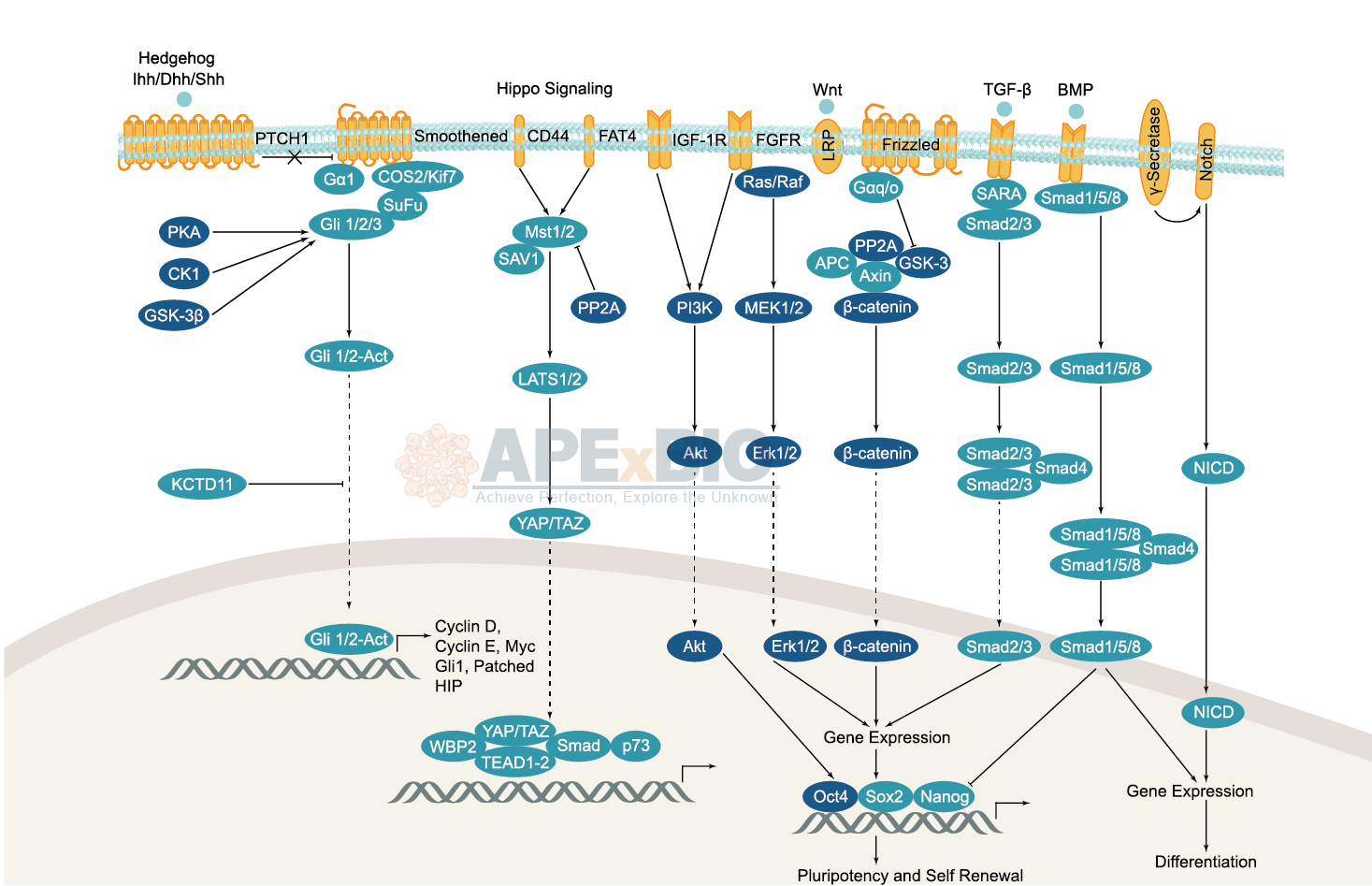
In ESC, BMP/TGF-β signaling pathway plays a key role in maintaining pluripotency and self-renewal. It signals through Smad proteins, and the FGF signaling pathway, which activates the MAPK and Akt pathways. The Wnt signaling pathway also promotes pluripotency. OCT-4, SOX2, and NANOG are three main transcription factors that are expressed and activated by these pathways. Induced pluripotent stem cells (iPSC) are pluripotent cells that can be generated from differentiated cells with forced expression of specific reprogramming factors. Both ESC and iPSC can be induced to develop into distinct cell types that associated with three primary germ layers: ectoderm, mesoderm and endoderm. Signaling pathways that control the development of these cell lineages, including BMP/TGF-β, Notch, Wnt/β-catenin, Hedgehog and Hippo pathways, which regulate cell division, growth and differentiation. Defects in stem cell signaling are related to developmental disorders and cancer.
-
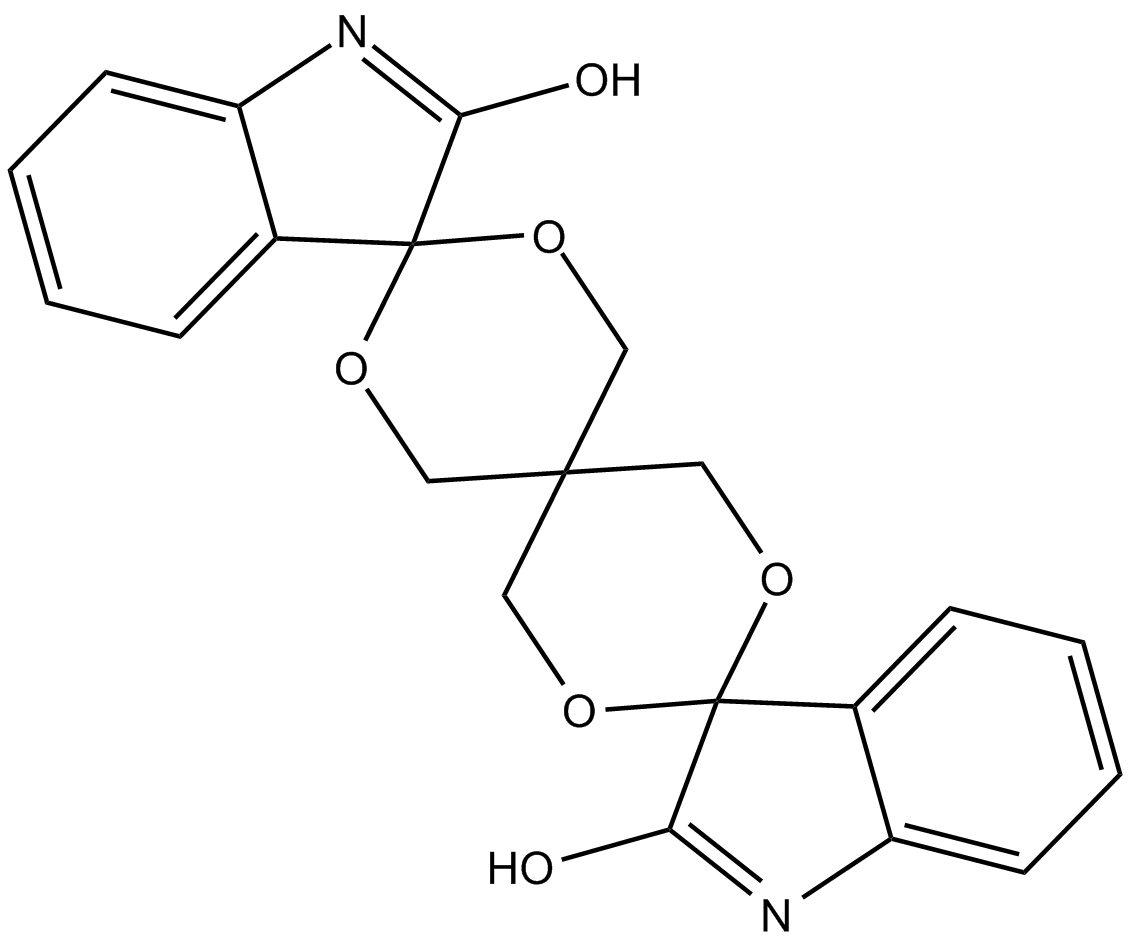 B5671 JW 67Summary: inhibitor of canonical Wnt pathway signaling
B5671 JW 67Summary: inhibitor of canonical Wnt pathway signaling -
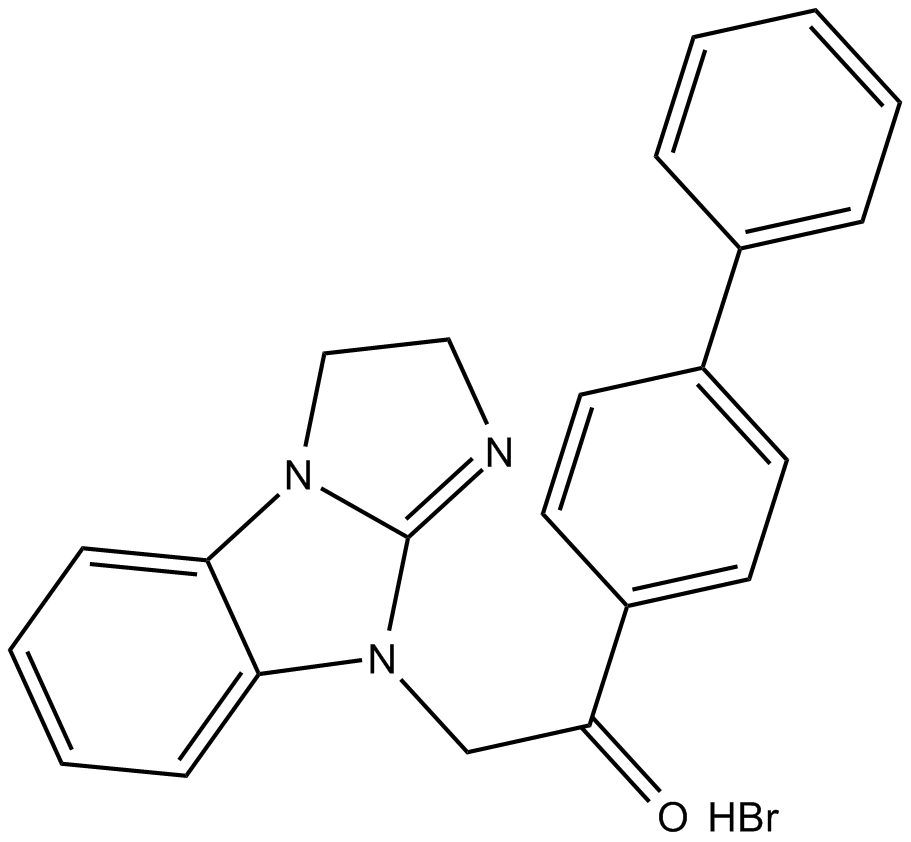 B5679 CCT 031374 hydrobromideSummary: inhibits TCF-dependent transcription, blocks BIO-induced β-catenin stabilization
B5679 CCT 031374 hydrobromideSummary: inhibits TCF-dependent transcription, blocks BIO-induced β-catenin stabilization -
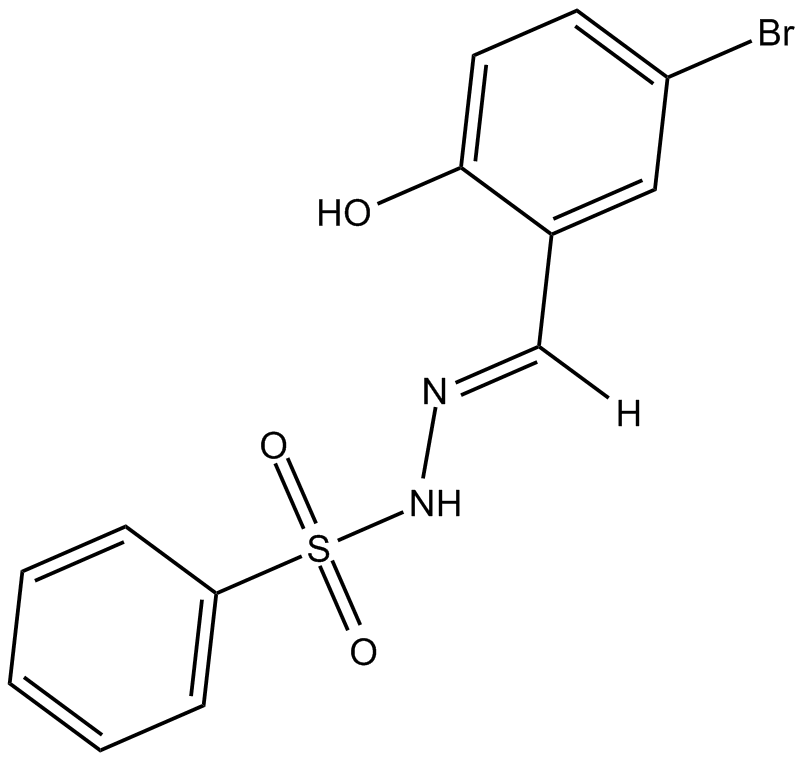 B5772 Shz 1Summary: induces phenotypic differentiation
B5772 Shz 1Summary: induces phenotypic differentiation -
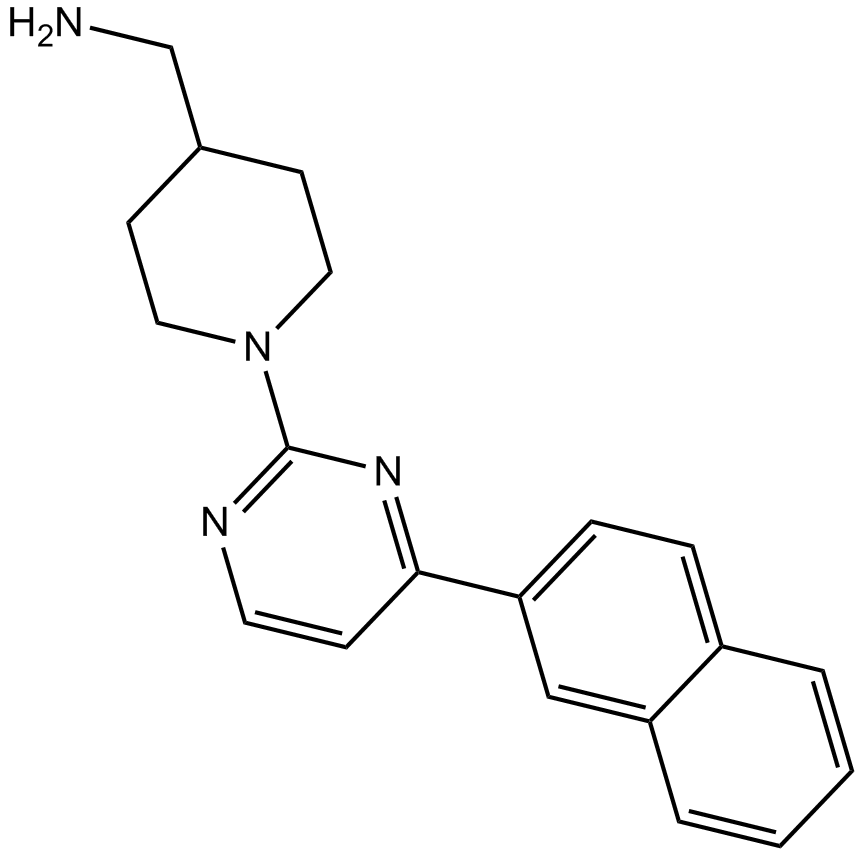 B4818 WAY-262611Summary: β-Catenin agonist
B4818 WAY-262611Summary: β-Catenin agonist -
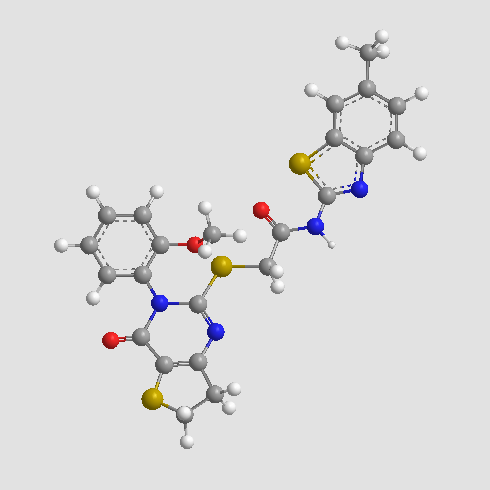 B4922 IWP 4Summary: A potent inhibitor of Wnt production
B4922 IWP 4Summary: A potent inhibitor of Wnt production -
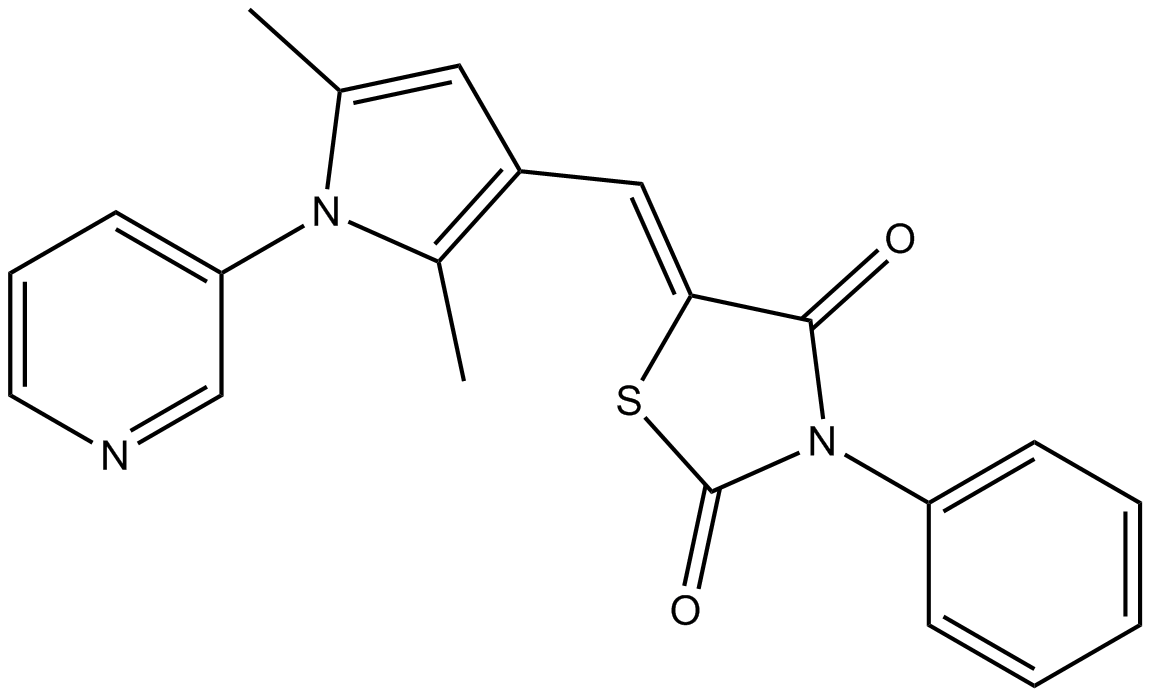 B4687 iCRT 14Summary: CRT inhibitor
B4687 iCRT 14Summary: CRT inhibitor -
 B7422 PNU 74654Summary: Wnt signaling pathway inhibitor
B7422 PNU 74654Summary: Wnt signaling pathway inhibitor -
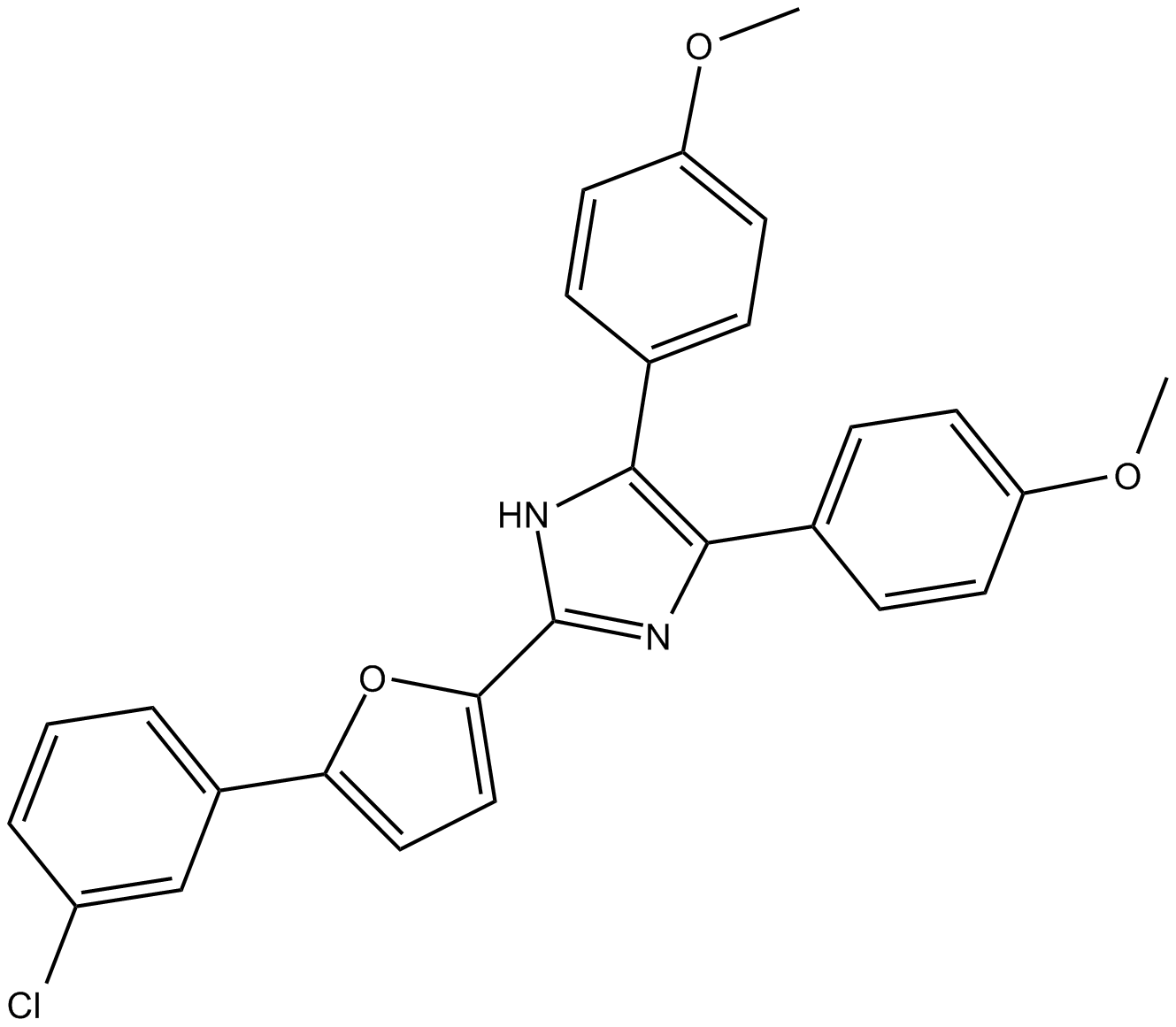 B7457 NeurodazineSummary: Induces neurogenesis of non-pluripotent C2C12 myoblasts
B7457 NeurodazineSummary: Induces neurogenesis of non-pluripotent C2C12 myoblasts -
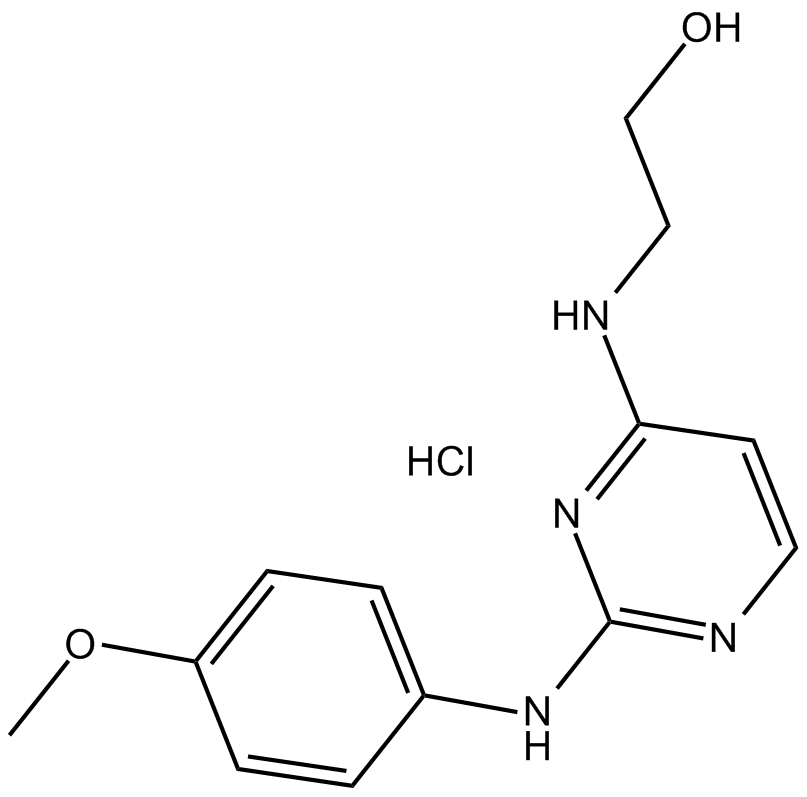 B7513 Cardiogenol C hydrochlorideSummary: Induces differentiation of mouse embryonic stem cells (ESCs) into cardiomyocytes
B7513 Cardiogenol C hydrochlorideSummary: Induces differentiation of mouse embryonic stem cells (ESCs) into cardiomyocytes -
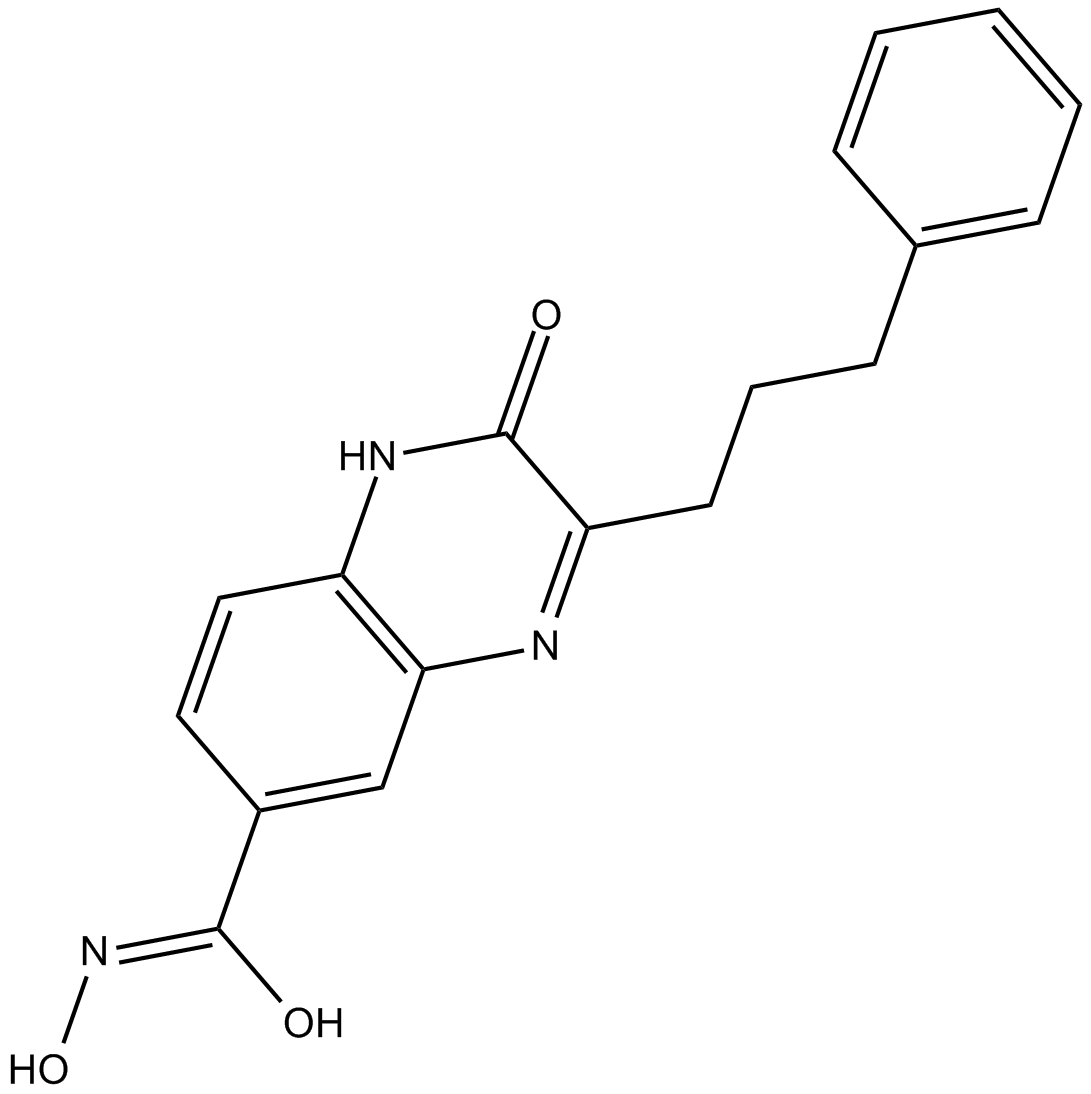 B7521 TCS 2210Summary: Inducer of neuronal differentiation in mesenchymal stem cells (MSCs)
B7521 TCS 2210Summary: Inducer of neuronal differentiation in mesenchymal stem cells (MSCs)

